Description
Sudan grass for sale: a drought-tolerant forage for cattle. Learn its benefits, nutritional value, and practices feeding Sudan grass to your livestock.
Sudan grass for sale
Sudan grass, also known as Sorghum sudanense, is a warm-season annual grass that is widely recognized for its versatility, high yield, and sustainability. Originating from Africa, this grass has become a popular choice for farmers and ranchers worldwide due to its numerous benefits and adaptability to various environmental conditions.
One of the primary advantages of Sudan grass is its ability to produce large quantities of nutritious forage in a short period. It can reach heights of up to 12 feet and produce biomass yields of 8-15 tons per acre in just a few months. This rapid growth rate makes it an ideal choice for farmers looking to maximize their forage production in a short growing season.
Sudan grass is also highly drought-tolerant, making it an excellent option for areas with limited rainfall or inconsistent water availability. It has deep roots that can reach up to 10 feet, allowing it to access water and nutrients that other grasses cannot. This makes it an ideal choice for farmers in dryland regions or those looking to conserve water resources.
In addition to its high yield and drought tolerance, Sudan grass is also valued for its palatability and nutritional content. It is high in protein, digestible fiber, and minerals, making it an excellent choice for livestock feed. Its leafy structure and soft texture make it easy for animals to digest, and its high sugar content can increase milk production in dairy cows.
Sudan grass can be used for a variety of purposes, including hay, silage, green chop, and pasture. It is often used as a rotation crop with other forages, such as alfalfa or corn, to break disease cycles and improve soil health. Its deep roots can help reduce soil erosion and improve soil structure, making it an excellent choice for farmers looking to implement sustainable agricultural practices.
However, it is important to note that Sudan grass contains compounds called sorgoleone and dhurrin, which can be toxic to livestock if consumed in large quantities. Therefore, it is recommended to use Sudan grass in moderation and to mix it with other forages to reduce the risk of toxicity.
To maximize the benefits of Sudan grass, it is important to plant it at the right time and manage it properly. It should be planted in the spring or early summer, after the last frost, and should be mowed or grazed regularly to prevent it from becoming too tall and woody. It is also recommended to fertilize Sudan grass regularly to ensure optimal growth and nutritional content.
In conclusion, Sudan grass is a versatile and sustainable forage option that offers numerous benefits for farmers and ranchers. Its high yield, drought tolerance, and nutritional content make it an ideal choice for livestock feed, while its deep roots and sustainable practices make it an excellent option for soil health and conservation. However, it is important to manage Sudan grass properly and use it in moderation to avoid toxicity risks. With proper management and care, Sudan grass can be a valuable addition to any farming operation.
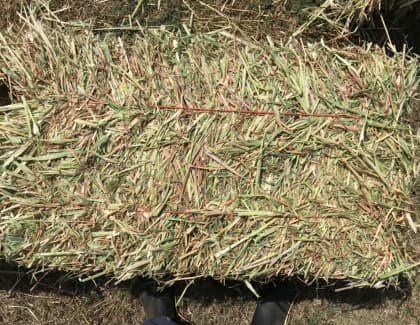

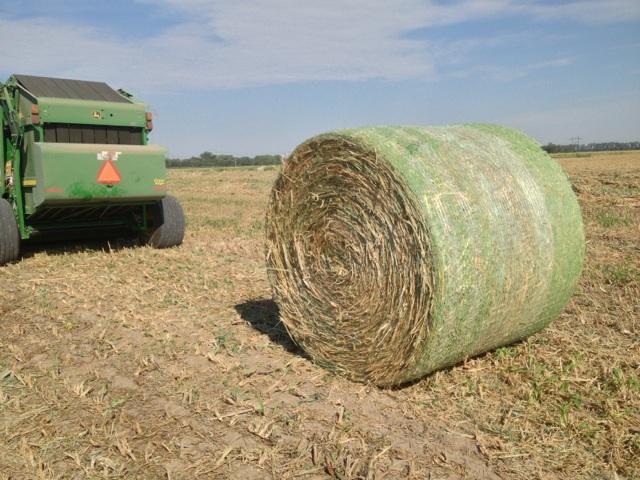
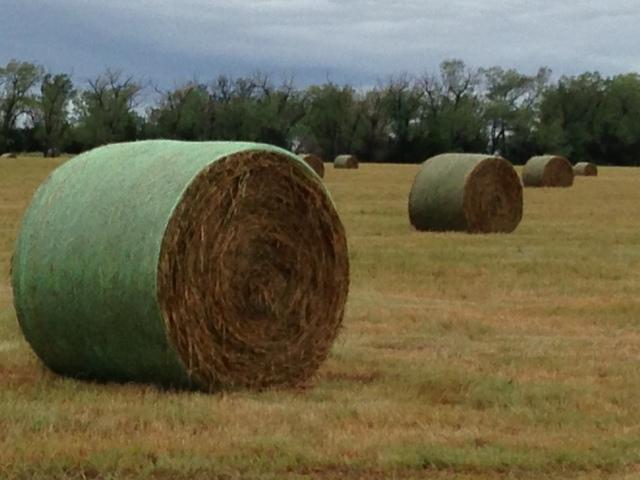


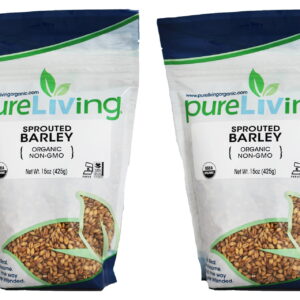
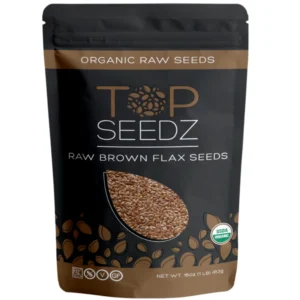
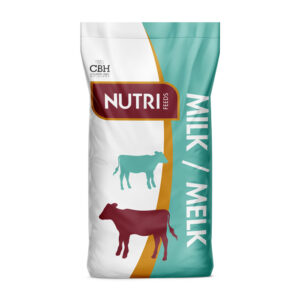


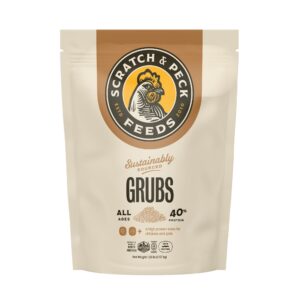
Reviews
There are no reviews yet.